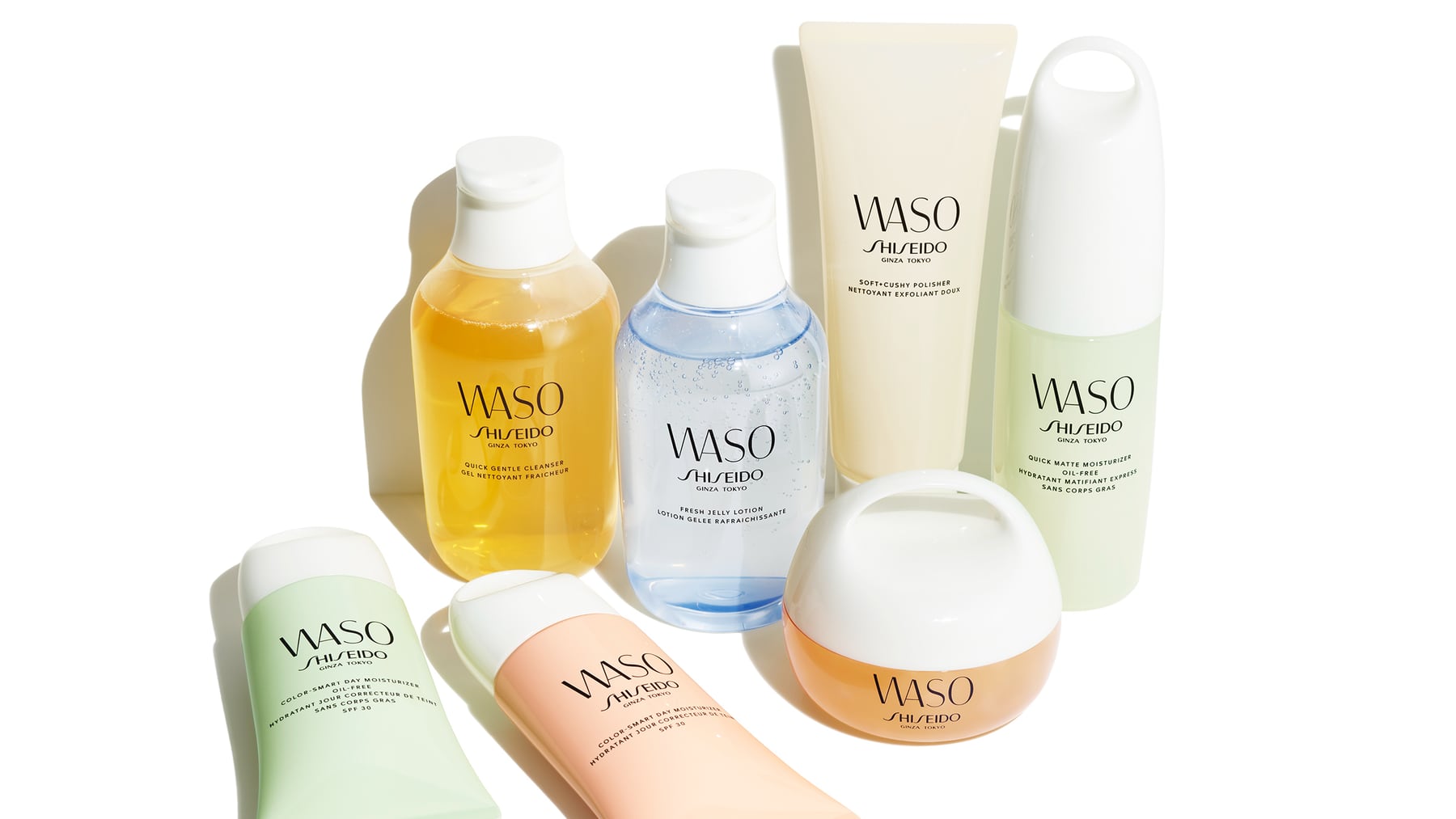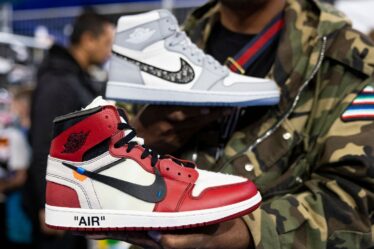
Shiseido Co. slashed its profit outlook for the year as the Japanese cosmetics giant reported a profit plunge in net income amid a persistent slump in the key Chinese market.
Shiseido reported on Thursday a 26 percent decline in core operating profit over the first nine months of this year. Net income in the third quarter came in at ¥739 million ($4.8 million), much lower than the ¥13.4 billion average analyst estimate compiled by Bloomberg.
The company now expects full-year operating profit to reach ¥35 billion, down from its previous forecast of ¥55 billion, citing increasingly frugal consumers in China and a delayed recovery in its Americas business.
Shiseido said it is on track to achieve a global cost reduction of over ¥40 billion for 2024 and 2025 and now aims for a further ¥25 billion reduction by 2026, according to presentation slides published on its website on Thursday. The company is scheduled to host a briefing on Nov. 29 to offer more details on its plans for further structural reforms.
The Japanese cosmetics maker has become one of the biggest casualties of tensions between Tokyo and Beijing over Japan’s decision to discharge treated water from the wrecked Fukushima nuclear power plant. Demand from Chinese consumers for its once-popular cosmetics cratered amid safety concerns over Japanese goods fueled by social media posts and Chinese media reports.
The persistent weakness of the Chinese economy also weighed on consumer demand in general, prompting many shoppers in China to switch to cheaper domestic brands. Meanwhile, the company said the slow recovery from the negative impact of Chinese consumer boycott in the wake of waste water discharge continued to weigh on results.
The company’s sluggish performance has wiped out about one fourth of its market capitalisation so far this year.
By Koh Yoshida
Learn more:
Shiseido Stock Falls Sharply, Prompting Trading Halt
Shiseido Co. Ltd’s stock fell the most in almost 37 years, leading to a trading halt, after reporting a first half loss due to weak demand from China and production issues in the US.



